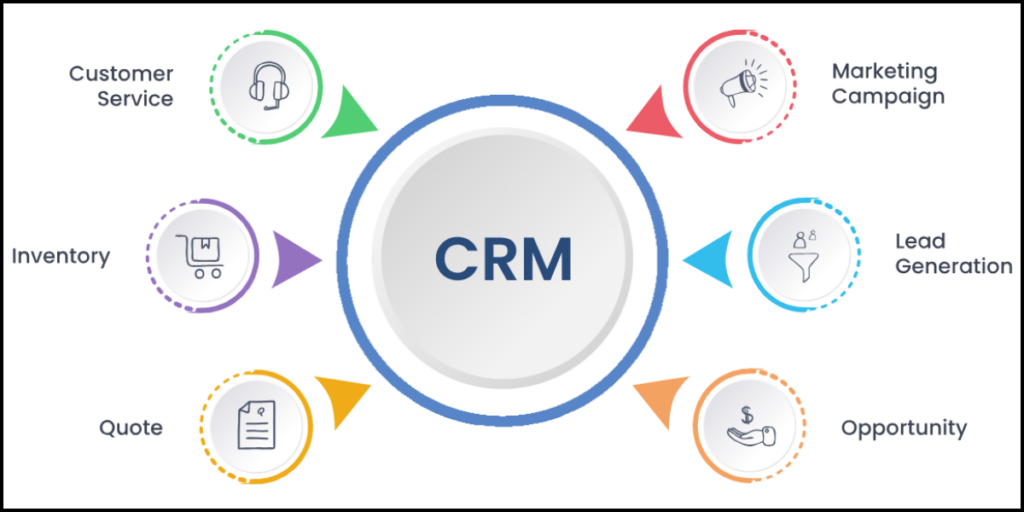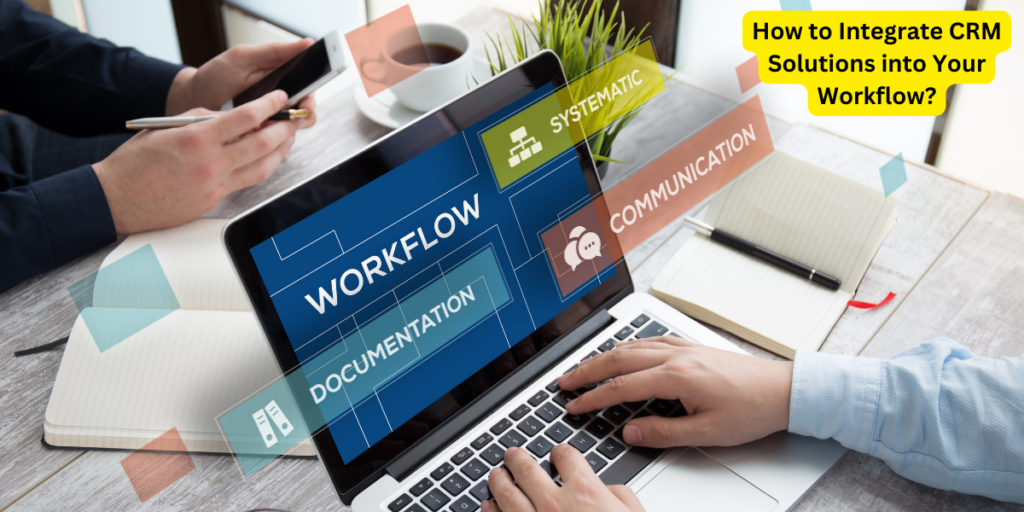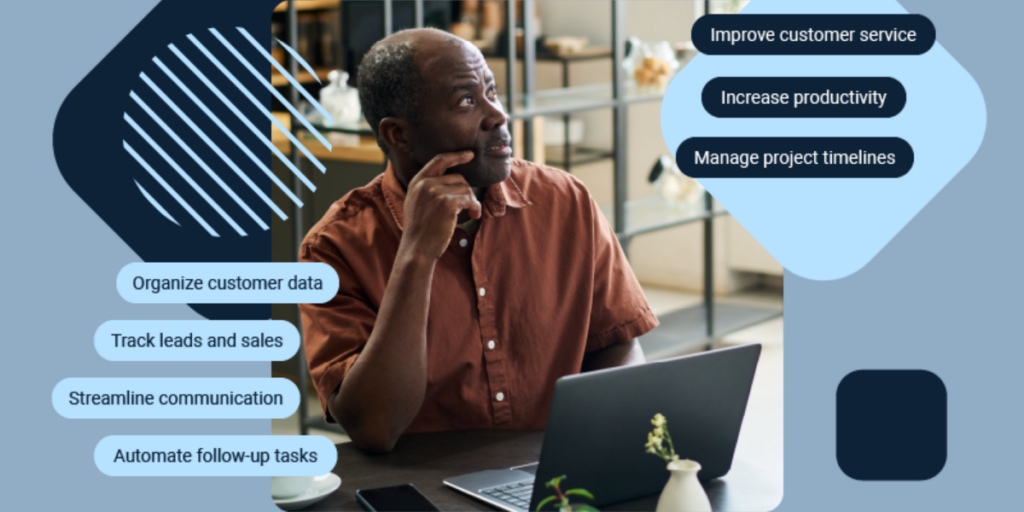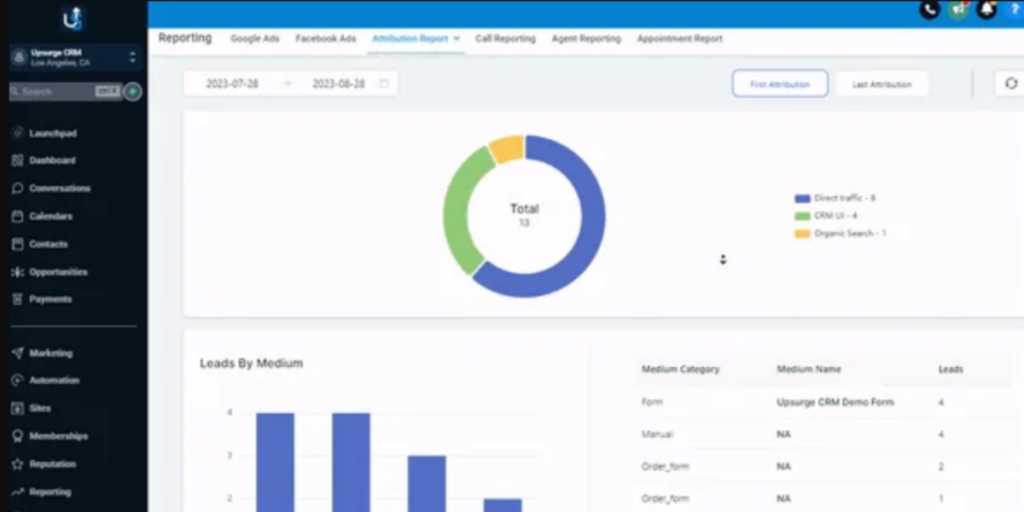
For solopreneurs, managing every aspect of their business can feel like a juggling act—handling client interactions, tracking follow-ups, and staying on top of administrative tasks, all while trying to grow their brand.
This is where a Customer Relationship Management (CRM) system becomes invaluable. More than just a digital address book, the right CRM serves as a central hub for client information, automates routine tasks, and provides insights that drive smarter business decisions.
Choosing the best CRM can empower solopreneurs to work more efficiently, maintain personalized relationships, and scale their business without getting buried in admin work.
This guide explores top CRM options and what solopreneurs should consider to find a solution that fits their unique needs and budget.

Customer Relationship Management, or CRM, refers to a technology used by businesses to manage interactions with current and potential customers. For solopreneurs, a CRM system acts as a central hub for storing customer information, tracking sales processes, and enhancing customer relationships.
“For small businesses and solopreneurs, using a CRM can mean the difference between thriving and just surviving in today’s competitive market.”
By utilizing a CRM, solopreneurs can gain valuable insights into their customer base, allowing them to make informed decisions that can lead to improved customer engagement and retention.

Implementing a CRM offers numerous benefits for solopreneurs looking to streamline their operations and maximize their efficiency. Here’s how a CRM can make a difference:
“Automation is not just about making processes faster. It’s about freeing up time to focus on building relationships and providing value.”
Many solopreneurs start their journey without a CRM, managing client interactions through spreadsheets or simple notes. However, as the business grows, certain signs indicate that it’s time to invest in a CRM solution:
By recognizing these signs and adopting a CRM, solopreneurs can better manage their growing client base, maintain strong customer relationships, and ensure that no opportunity for growth is overlooked.

“A CRM is like having a personal assistant who remembers every detail about your clients, allowing you to deliver a personalized experience at every interaction.”
Choosing the right CRM system requires careful consideration of several key features. Here are some of the most important aspects to look for:
A user-friendly CRM is essential for solopreneurs who may not have the time or resources for extensive training. Look for systems with an intuitive interface that allows for easy navigation and quick access to important features.
A streamlined, simple design helps reduce the frustration of managing software, so you can focus more on client interactions rather than figuring out how to use the tool.
A study by Capterra found that 60% of small businesses prioritize ease of use when selecting a CRM, as it directly impacts adoption and daily efficiency.
According to Salesforce, businesses that use CRM tools to manage contacts see a 26% improvement in customer retention, highlighting the importance of effective contact management.

A CRM’s ability to integrate with other tools you use can greatly enhance your workflow. Ensure that the CRM is compatible with platforms like email marketing tools, social media management apps, and calendar systems.
This allows you to manage multiple aspects of your business from a single dashboard, reducing the need to switch between different software.
“Integration is key for solopreneurs who want to maintain a seamless workflow without having to juggle multiple platforms.”
By focusing on these features, solopreneurs can choose a CRM that not only streamlines daily operations but also strengthens client relationships, ultimately supporting business growth.
Budget is a significant factor for many solopreneurs, and thankfully, several affordable CRM options are available in the market. When evaluating CRM solutions, it’s crucial to consider the features included in the pricing plan. Some CRM offers may seem appealing at first glance, but hidden costs or limitations can impact their long-term viability.
Solopreneurs should look for CRMs that provide a free version or free trial, allowing them to explore the system without financial commitment. This way, they can determine whether the CRM meets their needs without straining their budget.
Research from Software Advice indicates that 75% of small businesses find value in trying free CRM versions before choosing a paid plan, as it helps them identify the right features without overspending.

One of the primary objectives of utilizing a CRM system is to enhance customer engagement. By leveraging CRM capabilities, solopreneurs can personalize communication with clients, ensuring that messages resonate with their needs and preferences.
Features such as email marketing integration and automated follow-ups can significantly improve engagement rates, allowing for timely and relevant interactions. Additionally, CRMs provide insights into customer behavior, enabling solopreneurs to tailor their approach and foster deeper connections.
Managing customer information is a fundamental aspect of maintaining strong customer relationships. A robust CRM system allows solopreneurs to store, update, and retrieve customer data efficiently.
With centralized access to contact information, transaction histories, and communication records, solopreneurs can provide a more personalized experience. This level of organization not only enhances customer satisfaction but also builds trust, as clients feel valued and understood.
CRMs are essential tools for streamlining the sales process. By providing a clear overview of the sales pipeline, solopreneurs can identify which leads are hot and which require nurturing.
Automation features can help manage repetitive tasks, such as sending follow-up emails or scheduling appointments, allowing solopreneurs to focus on closing deals.
Moreover, the ability to track interactions and manage leads effectively ensures that potential sales opportunities are not overlooked, ultimately boosting revenue potential.

Successfully integrating a CRM system into your workflow involves several key steps:
Define Your Goals:
Choose the Right CRM:
Data Migration:
Training:
Regularly Review and Adjust:
By following these steps, you can integrate a CRM into your business smoothly and ensure that it contributes to better client management and overall productivity.

Upsurge CRM is tailored to meet the needs of solopreneurs, offering tools that simplify client management, project tracking, and lead generation. It acts as a central hub where all client data is stored, making it easier to keep track of communication history and client preferences.
One of Upsurge CRM’s biggest strengths is its flexibility. Solopreneurs can adapt the CRM to their specific needs, whether it’s customizing fields for client information, creating workflows for managing projects, or segmenting contacts for targeted communication.
Upsurge CRM streamlines financial management by automating invoicing and tracking payment statuses, helping solopreneurs manage their cash flow with ease. According to QuickBooks, businesses that automate billing save up to 20% of the time spent on manual financial tasks.

With advanced analytics features, Upsurge CRM provides solopreneurs with insights into client interactions, project progress, and overall business growth. This data-driven approach allows you to track key metrics, identify trends, and make informed decisions that can boost your productivity and profitability.
Designed with simplicity in mind, Upsurge CRM offers an intuitive interface that makes it ideal for solopreneurs. It’s easy to navigate and requires minimal training, which means you can start leveraging its features right away.
Upsurge CRM combines ease of use, flexibility, and powerful features to support solopreneurs in managing their businesses more efficiently. Whether it’s keeping track of clients, automating routine tasks, or analyzing business performance, Upsurge CRM offers the tools you need to thrive as a one-person business.
A CRM helps solopreneurs streamline client management, automate repetitive tasks, and gain valuable insights that drive smarter decisions. It’s a strategic partner that supports growth and efficiency.
By understanding the key features that matter most, like ease of use, integration options, and automation capabilities, solopreneurs can find a CRM that aligns with their unique needs and goals. Whether you’re looking to enhance customer relationships, boost productivity, or scale your business, the right CRM will be a critical asset in your journey.
Ready to take your solo business to the next level? Check out Upsurge CRM today to see how it can simplify your workflow and help you focus on building meaningful relationships with your clients.
